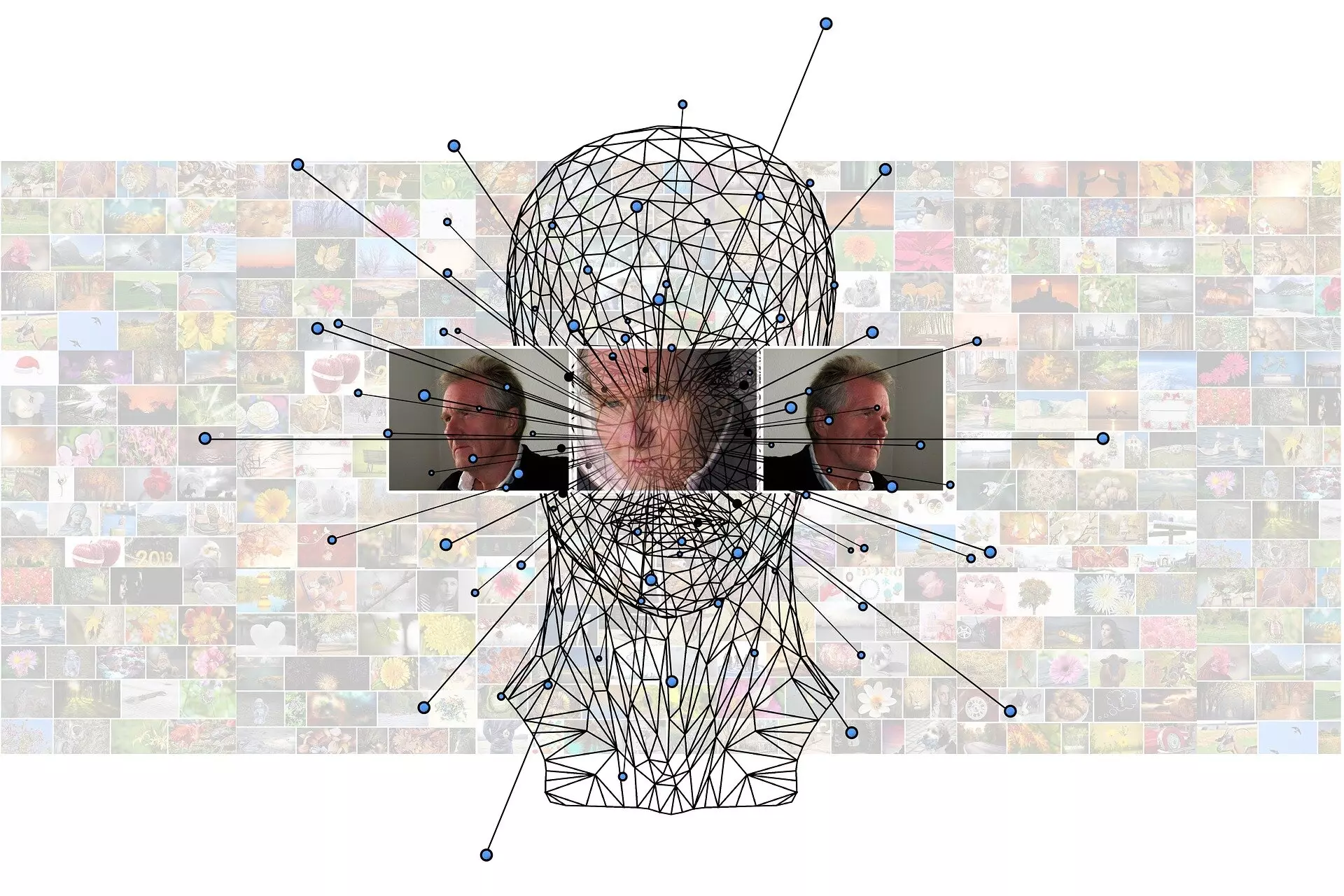In a recent study conducted by Xunyu Chen, an assistant professor at Virginia Commonwealth University, the focus was on utilizing artificial intelligence methods to analyze human behaviors for deception and trust cues. The research delved into the intricacies of high-stakes scenarios and how individuals navigate situations where deception and trust play a crucial role.
Chen and his team used data from the American game show “Friend or Foe?” to explore the dynamics of trust and deception in a realistic setting. By analyzing behavioral cues such as facial expressions, verbal cues, and movement fluctuations, the researchers were able to identify multimodal indicators of deception with high accuracies. This groundbreaking research sheds light on the complexities of human behavior in high-stakes decision-making scenarios.
The findings of the study have profound implications for various real-world scenarios, such as presidential debates, business negotiations, and court trials. By understanding the behavioral patterns associated with deception and trust, researchers and practitioners can develop automated deception detectors to predict deceptive behaviors accurately. This research not only enhances our understanding of human behavior but also provides valuable insights for decision-making in high-stakes situations.
While the study provides valuable insights into the science behind detecting deception, there are certain limitations that need to be addressed. The reliance on data from a game show may not fully capture the complexity of real-world high-stakes scenarios. Additionally, the use of artificial intelligence methods raises ethical concerns regarding privacy and data security. Further research is needed to validate the effectiveness of automated deception detectors in various contexts.
Moving forward, it is essential to continue exploring the relationship between human behaviors, deception, and trust in high-stakes scenarios. By incorporating a diverse range of data sources and refining machine learning algorithms, researchers can enhance the accuracy and reliability of deception detection methods. Moreover, addressing ethical considerations and ensuring transparency in data usage will be critical for the widespread implementation of automated deception detectors.
The study by Xunyu Chen and his team offers valuable insights into the science behind detecting deception in high-stakes scenarios. By leveraging artificial intelligence methods and analyzing multimodal behavioral cues, researchers have made significant strides in understanding human behaviors related to trust and deception. As advancements in technology continue to evolve, the potential for automated deception detectors to revolutionize decision-making processes in various fields is promising.


Leave a Reply